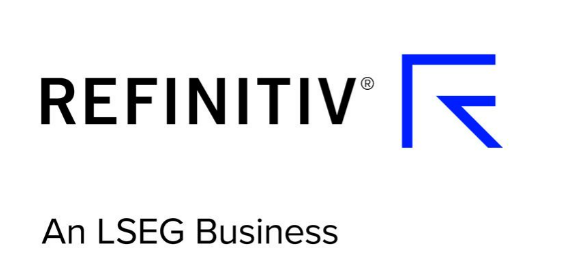Source: Sharecast
The Dow gained 0.7% after two days in the red, while the S&P 500 rose 0.4%, erasing earlier losses to push higher in afternoon trade. The Nasdaq fell 0.2% after five days of gains.
Markets have risen strongly over the past three trading sessions as the economic outlook brightened following a temporary trade truce between the US and China, along with a lower-than-expected consumer price inflation reading on Tuesday.
However, despite a de-escalation in trade war fears, Walmart chief executive Doug McMillon warned on Thursday that customers could still face higher prices.
Speaking to CNBC, the big box retail boss said: “We will do our best to keep our prices as low as possible, but given the magnitude of the tariffs – even at the reduced levels announced this week – we aren’t able to absorb all the pressure given the reality of narrow retail margins.”
In other news, Federal Reserve Chair Jerome Powell said that US interest rates are more likely to be higher over the longer term as the global economy faces more frequent and persistent supply shocks.
In a speech on the Fed's first policy framework review since mid-2020, Powell said the economic environment "has changed significantly" since then and the central bank's stance would "reflect our assessment of those changes".
Meanwhile, oil prices tanked with WTI crude down 2.2% at $61.74 a barrel on speculation that the US was close to reaching a nuclear deal with Iran.
Economic data barrage
In economic data, US retail sales rose by 0.1% in April, slowing from the 1.5% growth seen in March but ahead of the consensus forecast for no change.
Initial jobless claims held steady in the week ended 9 May, while the four-week moving average edged higher to 230,500 from 227,250.
The Empire State and Philly Fed manufacturing surveys came in ahead of expectations for May, though both indicators were still registering in negative territory.
Lastly, US producer prices fell by 0.5% in April after no change the previous month, surprising economists who pencilled in a 0.2% increase. The annual rate of PPI inflation eased to 2.4% from 2.7%.
“Factory-gate inflation was in negative territory, piling on the pressure on the Fed to move, though it is worth noting that since PPI excludes imports, the actual impact of tariffs has yet to show up,” said Chris Beauchamp, chief market analyst at IG.
Market movers
Walmart headlines were mostly focusing on cautious comments from CEO McMillon, though the retailer also reported first-quarter earnings on Thursday, which were mixed. The stock was 0.5% lower as revenues of $165.61bn missed the $165.84bn forecast, but earnings per share of 61 cents topped the 58 cents estimate.
Foot Locker surged more than 80% early on following an announcement by Dick's Sporting Goods that is will buy the footwear and apparel retailer for $2.4bn.
Danni Hewson, head of financial analysis at AJ Bell, said: "The acquisition will give Dick’s a toehold in international markets and presents them with a younger, more dynamic consumer and more muscle to do deals in the hugely competitive sporting goods market.”
However, shares in Dick’s tumbled 15% on the news.
Network tech giant Cisco surged 5% after the company beat both revenue and profit estimates in its third quarter, reported overnight.
Shares in UnitedHealth dropped 11% on rumours that the company could face an investigation for possible Medicare fraud from the Justice Department.


